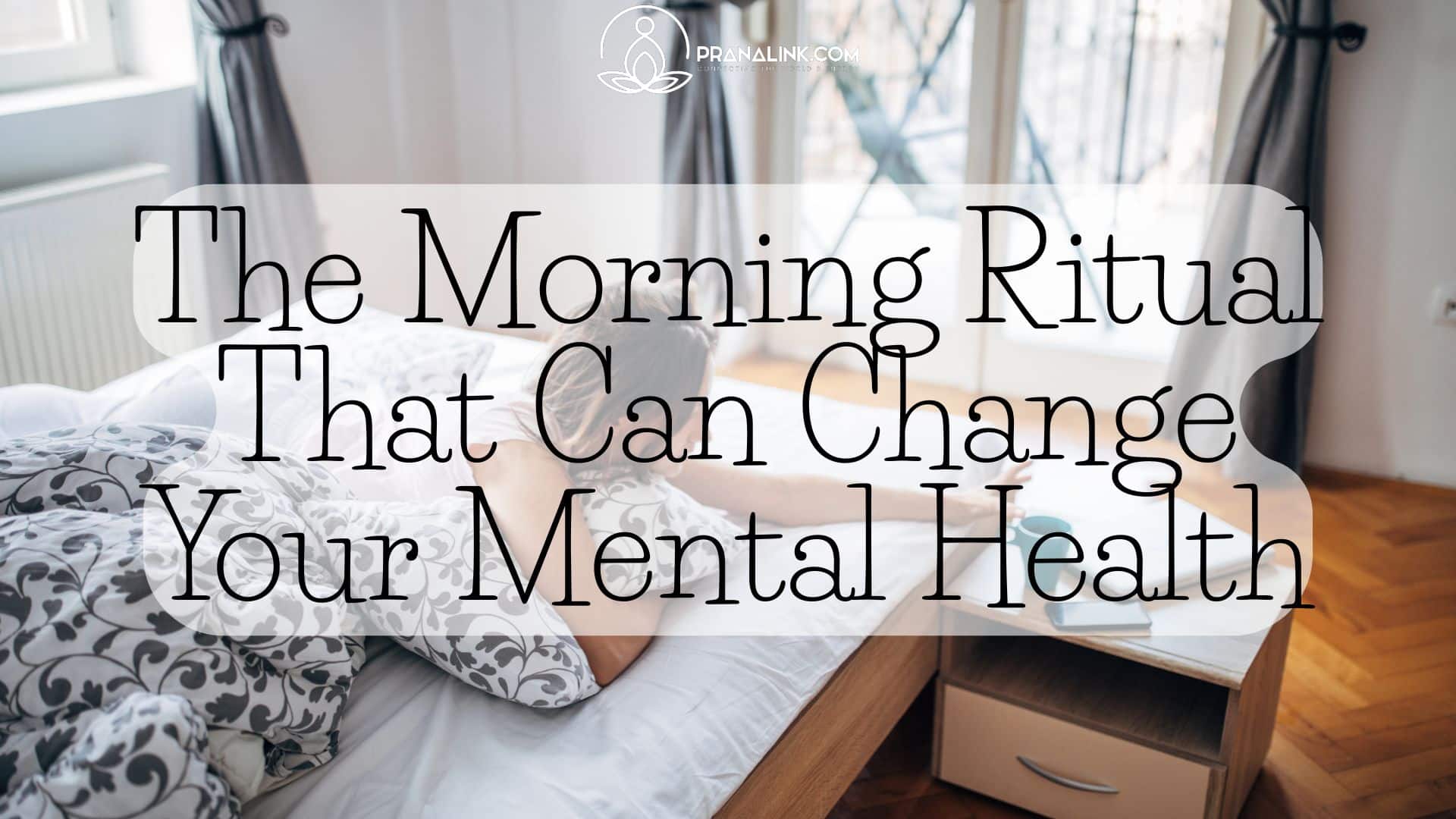The Morning Ritual That Can Change Your Mental Health Leave a comment
Why Morning Ritual Matters
Mornings aren’t just about getting out of bed—they’re about setting the tone for your entire day. Ever noticed how waking up in a rush or stress can throw everything off? That’s not just bad luck. It’s biology and psychology at work. The first hour of your day is when your brain transitions from a resting state to full alertness. If this transition is smooth, you’re more likely to stay focused, calm, and positive throughout the day. If it’s chaotic, your mind scrambles to catch up—and often never quite does.
How Your First Hour Shapes Your Day
Think of your morning like the foundation of a house. If it’s cracked, everything else struggles to stand strong. But when it’s solid, everything above it—your work, your relationships, your mood—holds up better. Studies show that a consistent morning routine lowers cortisol (your stress hormone), boosts dopamine (your motivation hormone), and improves emotional regulation. Translation: start right, and the rest of your day tends to follow suit.
Step-by-Step Morning Ritual for Mental Clarity
Wake Up with Intention (Not Your Phone)
The snooze button is tempting, and your phone buzzes like a digital siren the moment your eyes open. But here’s the thing: checking your phone first thing spikes your stress levels. Social media? A highlight reel. Emails? A to-do list you didn’t ask for. Start instead by simply breathing deeply and planting a positive thought. Even saying something like, “Today, I choose calm,” sets your brain on the right path. Open the blinds, let the natural light in, and stretch. These small choices stack into big mental wins.
Hydrate and Nourish Your Body
You’ve been fasting all night, and your body is thirsty—literally. Drinking a glass of water first thing does more than hydrate. It jumpstarts your metabolism, flushes out toxins, and refreshes your brain. Pair it with something light and nourishing: think a smoothie, some fruit, or oatmeal. Avoid diving straight into caffeine—it spikes cortisol and crashes later. A gentle wake-up for your body means a smoother ride for your mind.
Practice Gratitude Journaling
It might sound cheesy, but gratitude works. It reprograms your mind to focus on what’s right instead of what’s wrong. Each morning, write down three things you’re grateful for. They don’t have to be deep: a good night’s sleep, a kind text, even your cozy socks. Over time, this trains your brain to look for positives, which rewires it for optimism and emotional balance. Plus, it takes less than five minutes—and the benefits can last all day.
Move Your Body—Even Gently
You don’t need a full-blown gym session at dawn. Just a few minutes of gentle movement can do wonders for your mental health. Light stretching, yoga, a short walk, or even dancing around your room releases endorphins—your brain’s natural mood boosters. It wakes up your muscles, loosens tension, and grounds your body in the present moment. Physical movement is a silent message to your brain: “I’m ready to face the day.”
When you get your blood flowing early, your focus sharpens, your energy stabilizes, and you begin your day with a sense of accomplishment. That physical win, no matter how small, often spirals into better decisions throughout the day. And for those dealing with anxiety or depression, morning movement has been clinically proven to lift mood and ease symptoms.
Meditate or Practice Mindful Breathing
You don’t need to be a monk to meditate. Just 5 to 10 minutes of focused breathing can reset your entire nervous system. Find a quiet spot, close your eyes, and take deep breaths. Inhale for four counts, hold for four, exhale for four. Simple, right? This is known as box breathing—a powerful method to calm the brain.
Meditation boosts your gray matter (linked to memory and decision-making) and decreases activity in the amygdala (your fear center). Regular practice reduces anxiety, sharpens attention, and increases resilience to stress. If meditation feels intimidating, start small. Even one minute of breathing mindfully counts. Apps like Calm or Headspace are great tools, but your breath is your best free therapist.
The Emotional Benefits of a Morning Ritual
Reducing Anxiety and Overwhelm
Life throws a lot at us—deadlines, notifications, expectations. A consistent morning ritual acts like a shield against that chaos. When you start the day with practices that calm and center you, you’re less reactive and more responsive. It’s the difference between driving through a storm with foggy windows versus clear ones.
Many people report reduced panic attacks, fewer emotional outbursts, and a more balanced mood after establishing a morning ritual. Why? Because predictability creates emotional safety. And when you feel safe, you can think clearly, handle stress, and regulate your emotions better.
Imagine walking into your day with a quiet confidence, instead of being swept into the swirl of stress. That’s what a strong morning routine delivers.
Building Self-Confidence and Motivation
One underrated effect of morning rituals? Confidence. When you keep a promise to yourself first thing in the morning, it builds self-trust. You told yourself you’d journal, meditate, or stretch—and you did. That mini win tells your brain, “I follow through.” And when that message gets reinforced daily, your self-esteem naturally grows.
A solid morning ritual also kickstarts momentum. Ever notice how doing one good thing leads to another? That’s called the “domino effect,” and it’s powerful. The confidence you gain by sticking to a morning practice spills over into your work, relationships, and decisions. You become someone who shows up for themselves—and that’s magnetic.
Conclusion – Morning Ritual
A mindful morning ritual isn’t about being perfect or productive for productivity’s sake—it’s about protecting your peace. It’s a gentle rebellion against the chaos of modern life. It says, “Before I give my energy to the world, I give some to myself.” Just a few intentional actions—breathing, moving, writing, reflecting—can anchor your mental health and transform your mindset.


